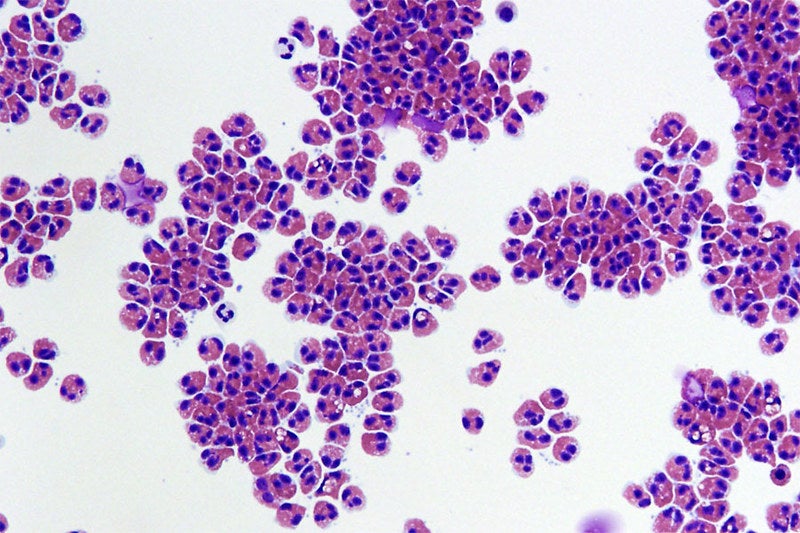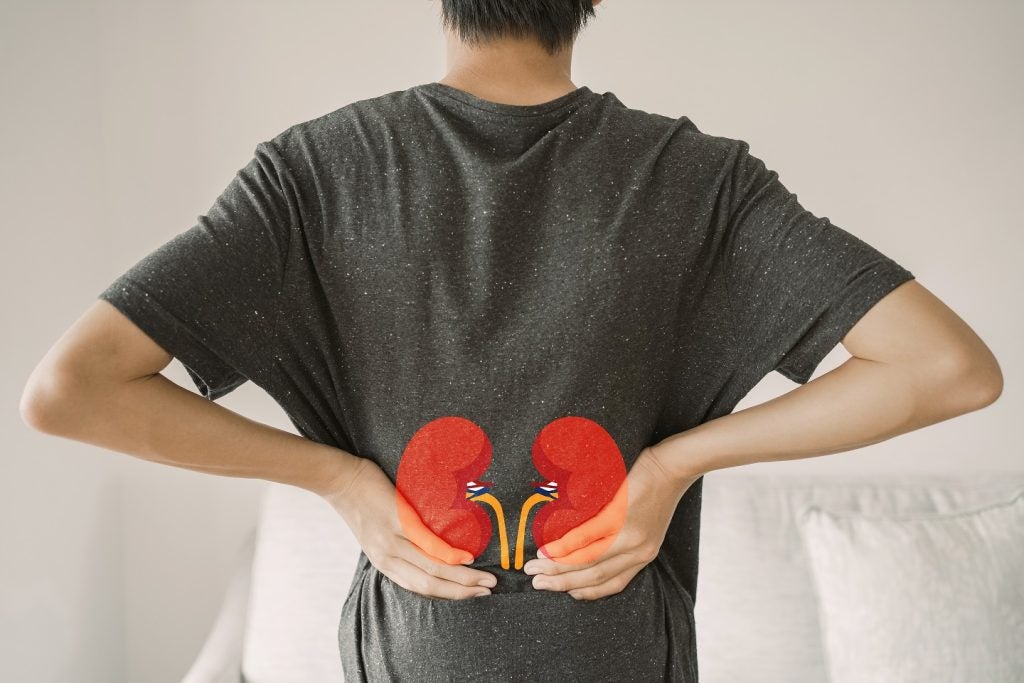
AstraZeneca has started three new clinical trials to evaluate monoclonal antibody Fasenra for the treatment of eosinophil-driven skin diseases.
The new trials include two Phase II studies in atopic dermatitis (AD) and chronic spontaneous urticaria (CSU) and one Phase III study in bullous pemphigoid (BP).
Eosinophil-driven diseases are characterised by dysfunction in the immune system leading to eosinophil chronic local and/or systemic inflammation due to eosinophil recruitment and activation.
Licensed from BioWa, Fasenra is designed to attach to IL-5 receptor alpha on eosinophils and draw natural killer cells to trigger apoptosis for fast and near-complete eosinophils depletion.
The drug currently holds approval as an add-on maintenance therapy for severe eosinophilic asthma in multiple countries, including the US.
How well do you really know your competitors?
Access the most comprehensive Company Profiles on the market, powered by GlobalData. Save hours of research. Gain competitive edge.

Thank you!
Your download email will arrive shortly
Not ready to buy yet? Download a free sample
We are confident about the unique quality of our Company Profiles. However, we want you to make the most beneficial decision for your business, so we offer a free sample that you can download by submitting the below form
By GlobalDataAstraZeneca is also assessing Fasenra in five other studies involving patients with eosinophil-driven diseases, excluding asthma.
RESOLUTE study is evaluating the drug for the treatment of moderate to very severe chronic obstructive pulmonary disease (COPD) patients who experienced frequent exacerbations.
MESSINA and MANDARA studies are being conducted in eosinophilic esophagitis (EoE) and eosinophilic granulomatosis with polyangiitis (EGPA) patients, respectively. MANDARA is comparing benralizumab to mepolizumab.
The Phase III NATRON trial involves hypereosinophilic syndrome (HES) patients, while OSTRO is investigating Fasenra in severe nasal polyposis.
Results from the OSTRO study are expected in the second half of next year and those from RESOLUTE, MESSINA, MANDARA and NATRON in 2023.
AstraZeneca BioPharmaceuticals R&D executive vice-president Mene Pangalos said: “These clinical trials represent significant progress towards our ambition to establish Fasenra as the first-line, first-choice treatment for patients with eosinophil-driven diseases, which can be debilitating and potentially life-threatening.”
The drug secured US Food and Drug Administration (FDA) orphan drug designation for EGPA, HES and EoE in November 2018, February last year, and August last year, respectively.








